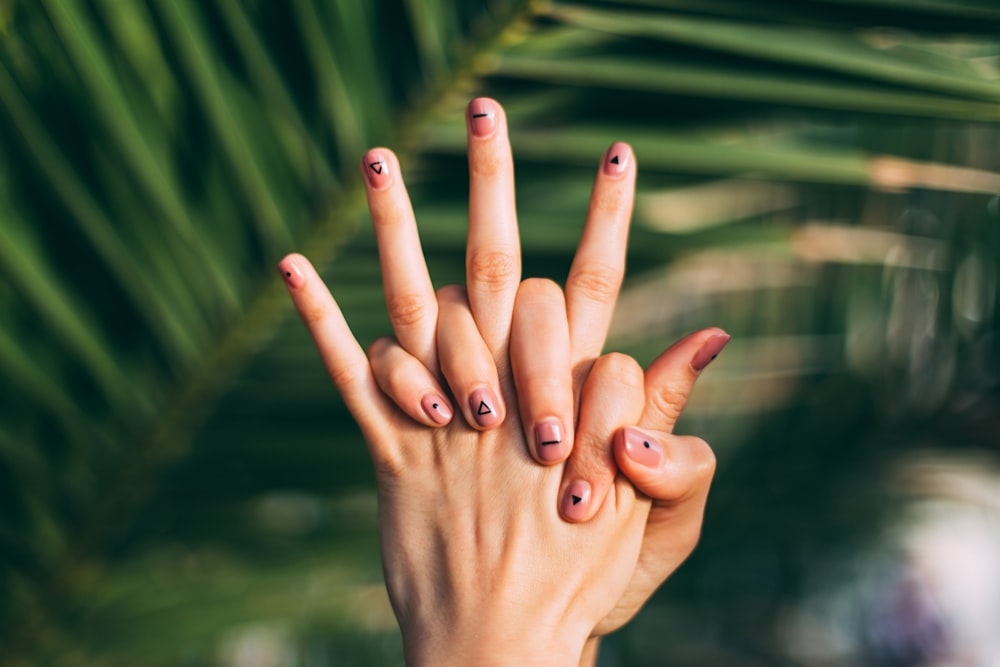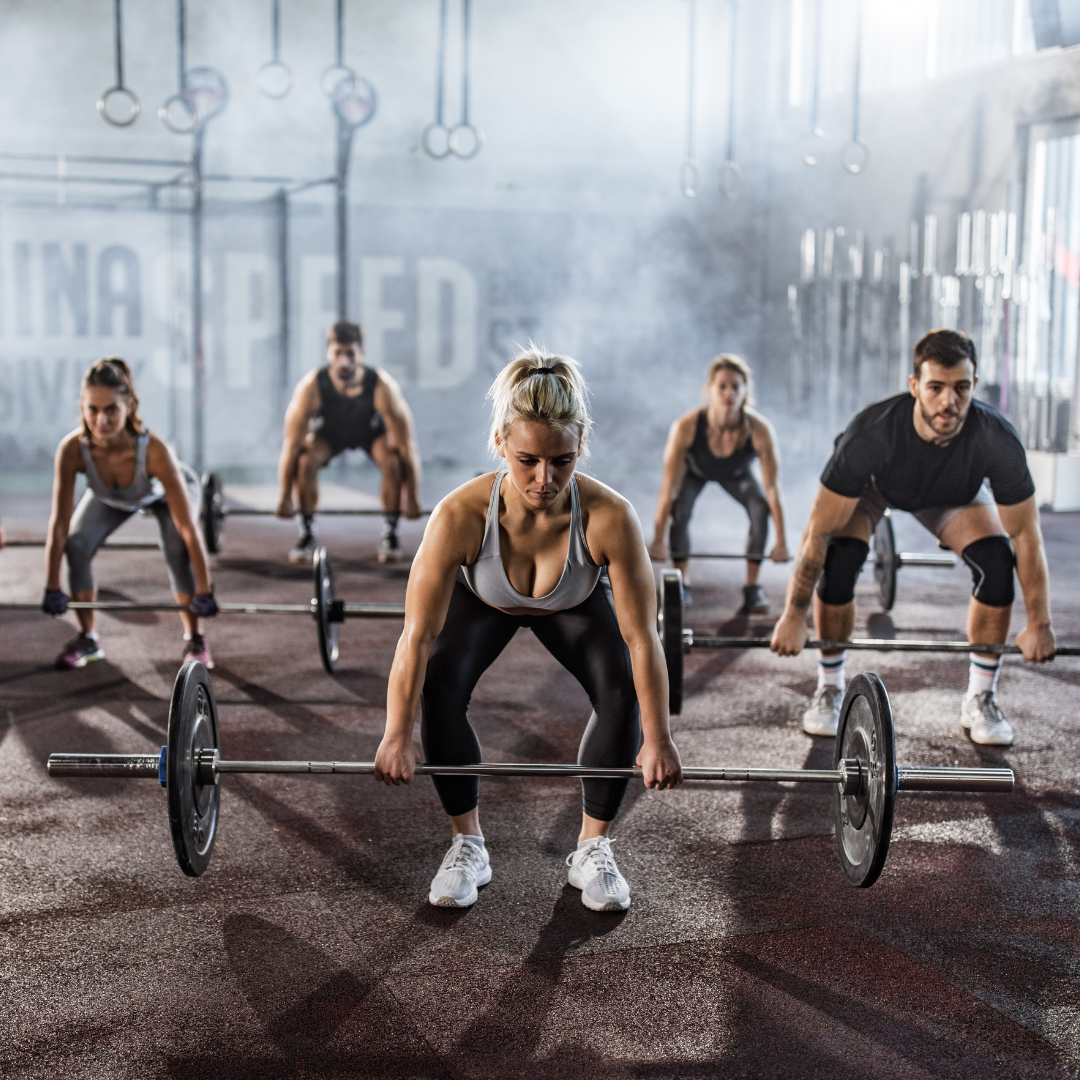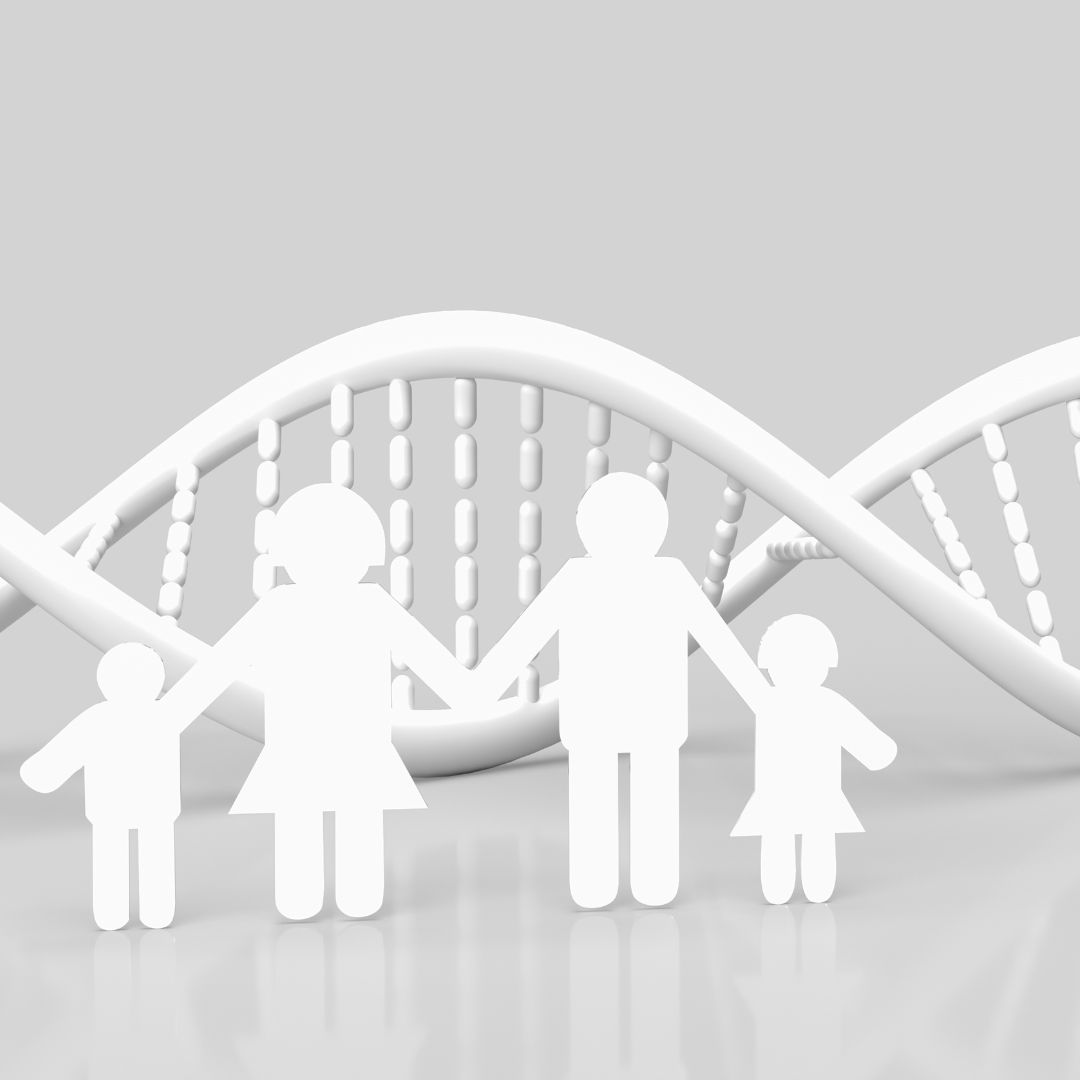
Are you concerned that you’re seeing signs of ageing at a young age? As we get older, our skin and mobility naturally begin to change. Wrinkles form as we age since collagen and elastin become depleted.
Slower skin cell turnover and recovery also leaves room for other signs of ageing, like pigmentation, skin colour changes, and sagging.
Ageing is natural and something we all have to deal with at some point. However, if you’re seeing signs of ageing earlier than you’d like, it might be time to find out why.
The reality is that everything from your diet to your genetics can influence how quickly, and how noticeably you age.
What Factors Determine Early Signs of Aging?
It is worth noting that the signs of ageing aren’t the same for everyone.
Much of how you age will be determined by your genetics. Around 1500 genes in your body are responsible for the appearance of your skin. If your parents and family members started to see wrinkles when they were still young, you’ll likely end up the same way.
Of course, it’s not only genetics that influences ageing. The products your skin is exposed to, the amount of damage it goes through during your life, and other factors can influence the signs of ageing too. Knowing everything there is to know about your DNA could give you the insight you need to build the perfect anti-ageing strategy just for you.
A customised strategy won’t stop the signs of premature ageing forever – but it should help to slow things down, so you look and feel younger for as long as possible.

What Causes Premature Aging?
Many lifestyle choices or bad habits could be causing signs of ageing at an earlier age than you expected. Aside from genetics, other issues that can cause premature ageing include:
- Sun exposure and tanning beds, which can damage your skin cells
- Smoking, which exposes your skin to toxins and oxidative stress
- Poor sleep habits, which stop you from regenerating fresh cells overnight
- Diet – diets high in carbs and sugar can damage skin over time
- Alcohol which dehydrates your body and cause sagging skin
- Environmental pollutants which harm skin quality
- Stress which triggers inflammation throughout the body and wrinkle formation
Signs of Aging to Watch For (And How to Treat Them)
First, the signs of ageing are considered “premature” if you begin to notice them before you turn 35 for many people. However, your ethnicity, where you live, and other factors can contribute to either more rapid or slowed ageing processes. Here are some of the issues to be aware of.
1. Sun Spots
Sunspots, liver spots, or age spots are the flat spots on your skin that appear after years of sun exposure. The hyper-pigmented spots tend to appear everywhere, from the back of your hands and forearms, to on your face and chest.
Most people will begin to see sunspots after the age of 40, but people with genetically fairer skin will see developments faster in some cases. This is particularly true if you have Fitzpatrick type 1 or 2 skin. The best cure for this problem is prevention. Wearing plenty of sunscreen and protection during sunny days is crucial if you have fair skin.
If you already have sun spots, speak to a dermatologist to check for any evidence of other skin conditions. You can also treat the spots topically with things like alpha hydroxy acid, vitamin C, and aloe vera. Some people believe intense pulsed light (IPL) therapy is also excellent for sunspots.

2. Gaunt hands
One of the most common signs of ageing is a change in your skin. As elastin, collagen, and other substances in your skin break down, your skin becomes thinner and more likely to sag or droop. In some cases, your hands might begin to look a little thinner, veinier, or prone to wrinkles.
Again, this sign of premature ageing is more likely to be an issue for you if it also affects other people in your family. If you know your parents tended to have gaunt-looking hands, moisturising regularly could help to keep your skin in good condition.
Another point to be aware of is whether your hands are generally exposed to chemicals and other dangerous substances on a regular basis (such as when you’re at work). If this is the case, hand protection might be a good investment.
3. Inflammation and Hyperpigmentation
Many people notice patchy discolouration and inflammation in their skin as they begin to get older. Sometimes, you might notice parts of your skin that are a different colour from the rest. This isn’t always linked to ageing. Sometimes, it can be the result of various other skin conditions that impact the melanin cells (colour cells) in your skin.
Hyperpigmentation on your chest is more common as you get a little older. Usually, the best way to protect against this is to start protecting the area as quickly as possible. Wearing sunscreen whenever you go outside and moisturizing the area frequently should help.
Rejuvenating substances like vitamin C and retinoids can also be extremely useful for repairing the skin after damage from the sun. Some doctors can also prescribe bleaching products to fade hyperpigmentation carefully over time.
4. Dry or Itchy Skin
A lot of common issues with premature skin ageing are related to the skin. As you get older, it’s more likely that your thinning skin will be subject to dehydration, which can cause flakiness itchiness and discomfort. You can speak to a dermatologist to rule out other health conditions, but once you know what the dry skin is about, it’s easy enough to start treating it.
Drinking a lot of water will help to moisturize your entire body. You can also use your DNA results to find out whether dry skin is related to your skin type and whether there are certain serums and moisturizers you can use to improve skin protection.

5. Sagging Skin or Wrinkles
Premature wrinkles are a common concern among all kinds of people. As you enter your thirties, your skin will begin to slow down the production of collagen – responsible for giving your skin its shape. Collagen helps your skin maintain its shape.
Less collagen means wrinkles can begin to form more easily. You might notice this appearing more in areas where you’re exposed to the sun. To overcome the problem, commit to a regular skincare routine. Every day, you should be protecting your skin with sunscreen and applying moisturisers to keep your epidermis in great condition.
Drinking plenty of water and using cosmetics with substances like retinoids, vitamin A, Vitamin C, and antioxidants is often helpful too.
6. Hair Loss
Hair loss happens as the stem cells responsible for triggering new hair growth in your hair follicles begin to diminish. Once again, genetics will play a significant role here, but your chances of hair loss can also be attributed to things like hormone changes, environmental factors, and diet. Check out these tips for the best vitamins to consume for healthy hair.
Around 40% of women over the age of 70 suffer from hair loss, and around 50% of men see hair loss after the age of 50. If your hair is falling out or seems to be growing thinner, try adding more nutritious foods to your diet, to help your body produce keratin.
Some people may benefit from certain hair loss products, like Rogaine and Propecia, but these do require constant use to deliver results.
How to Delay Signs of Aging
If you’re already noticing premature wrinkles and other signs of premature skin ageing, the best thing you can do is start working to protect your skin. Get to know your genetics and your unique type of skin first, then build a plan that includes:
- Sunscreen: Wear sunscreen every day (even when it’s not hot), with an SPF of 30. Use this on all areas of skin that might be exposed to the sun.
- Skin products: Experimenting with skin products that feature retinol, vitamins, and antioxidants can reduce aging. However, you should only introduce one product at a time, so you can see which ones work for you.
- Wash your face before bed: Wash your face to remove all kinds of dirt that may damage your skin during the night.
- Maintain a proper sleep schedule: Sleep is essential to skin cell turnover. Following a schedule will help to keep you looking refreshed.
- Eat a balanced diet: A diet rich in nutrients and vitamins is essential for younger and healthy skin. You’ll also need to drink plenty of water to keep your body from losing essential hydration.
- Stay active: Exercise improves your circulation, which keeps your skin healthy. Committing to exercise could help you to look younger.
- Quit smoking: Exposing your skin to the toxins in cigarette smoke can cause aging. Studies show that participants who quit see their skin becoming more youthful.
- Try Sobriety: Looking younger is only one of many benefits of sobriety, so consider cutting out alcohol for awhile.
- Manage stress: Find a way to handle your stress, whether walking through nature, practicing yoga, or chatting with friends.
Ageing is something that happens to everyone, but you can prevent the signs of ageing from showing up too early. And, if they already have shown up too early, you can use the above tips to help reverse the signs of ageing.
What is Your Skin Profile Based on Your Genetics?
Is your skin age more likely to be mature, or younger? What is your genetic wrinkle formation risk, and what is your acne risk? Do you want all these questions answered, plus a full skin profile report, based on your DNA? If so, check out the CircleDNA Premium Kit for your full skin profile.






